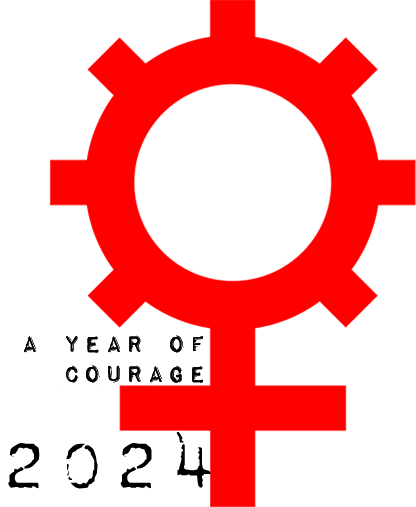Fear drives us to act in ways we wouldn’t normally behave. Fear pulls us towards our base actions of a fight-flight-freeze response. We operate in response to potential, or known, consequences in favor of our survival. Fear does not enable growth; it merely avoids immediate degradation of our status. Often, our decisions while acting under the pressure of fear lead us to make regrettable choices. The impact of this is a feeling of shame. We are ashamed of ourselves for the consequences of our decisions, and guilt arrives to make us feel the need to change the situation through atonement or forgiveness. Shame, however, prohibits us from growth as well. Shame’s purpose is to be aware that what we did wasn’t something we should do again. Shame is not a burden to carry for a long time. Unfortunately, shame is a feeling far too many of us carry indefinitely.
When we watch a master perform, the action looks easy. The master, while practicing, is no longer ‘doing,’ they are ‘being.’ When we practice a new skill or task, we need to channel a great deal of conscious effort into the job itself. As we develop muscle memory, we require less active thought to achieve the same results. We are transitioning from doing something to being something. Bruce Lee said it best: “You must be shapeless, formless, like water. When you pour water into a cup, it becomes the cup…” When we operate from a position of shame, we act only to remove the burden placed on ourselves. We can never be something; we will always be doing something. Shame prevents progress if not released after the lesson is learned.
Attention is currency, and fear holds attention. There are bad-faith actors (many in the media) who wish to keep you in a constant state of anxiety. They will manipulate your desire to be honorable by convincing you to act against your interests. Your fear makes their profit. By devoting your attention to these doomsday hypotheticals and hyperbolic presentations, you spend less attention on yourself. We can not positively sustainably impact our environment if we are not sustainable within ourselves. Yes, we can engage in individual acts benefiting the situation, but that is doing something, not being something.
Shinge Roshi teaches, “What is Zen? It’s both something we are—our true nature expressing itself moment by moment—and something we do—a disciplined practice through which we can realize the joy of being.” Shame robs us of the joy of being by continuously guiding us towards negative self-judgments and denying us meaningful hope. We tell ourselves we don’t deserve things or are incapable of the things we yearn for most. To counter this downward pressure, people develop deeply rooted patterns of escapism – through their careers, vices, shutting down in front of a TV screen, etc. The actual counter to shame is kindness.
As a young boy, I was introduced to a philosophy known as Animism. In short, this idea postulates everything has a spirit, including immaterial objects. The wind, your pants, your favorite chair all have spirits of their own. The moral of the philosophy is to respect everything. I am a fan of ‘treat others as I wish to be treated.’ When combined with Animism, I did my best to take care of all my things and the people I would encounter. Animism, like so many other prevalent thoughts, teaches us to be kind. His Holiness the Dalai Lama, a prominent Buddhist practitioner, explains flatly, “My religion is kindness.”
What is Kindness? If our goal is to be something, not just do something, what does practicing kindness entail? It starts with how we treat ourselves, especially what we say to ourselves internally. What we practice grows stronger. If we practice feeling ashamed, scared, anxious, or angry internally, we become better at those things. Similarly, if we practice kindness to ourselves, we become kinder through practice. The point isn’t ever to feel ashamed but instead acknowledge our mistake and learn from it. We then practice kindness to ourselves and re-frame our internal discussion. We are not stupid; we didn’t think a situation through well enough. One is doing something, and the other is being something. We did something stupid; we are not dumb overall. The difference is essential.
As we continue to practice kindness, we can work towards a larger goal: being present without pain. Fear, guilt, and shame are all fantastic tools to focus on the here and now, but frequently we take them beyond a learning opportunity into negative self-judgment. We focus on the pain we feel in the moment and either become stuck there or escape from the feeling, temporarily, through a distraction. Through practices of such things as forgiveness and kindness, we can still be present in the moment without the pain associated with the negative feelings we grow adapted to and endure. In general terms, we call this mindfulness.
When we are practicing mindfulness, we acknowledge the moment without trying to render judgment. We become aware of where our thoughts and feelings lay and allow ourselves to decide our path forward. If that moment is one of shame, we can learn from our error and what the impact is. We can choose how and when to resolve it and let it go. By letting things go, including shame, we can remain in the moment without suffering because of it. By being in the moment we can improve ourselves through conscious action under it is no longer necessary to think about it. By being present without pain, we can stop doing and start being. Be kind to yourself; you’re worth it.
